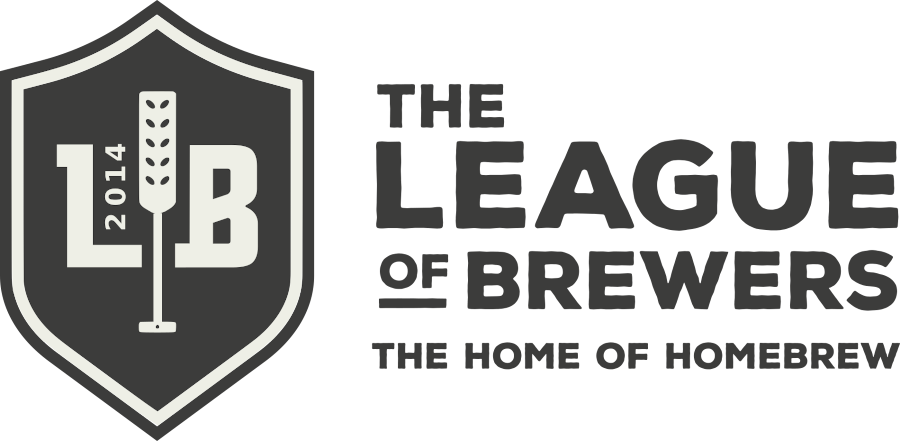NZ Pilsner with S-189
Hi all, Ed here! I'd like to share my experiences around brewing the perfect (for me) New Zealand Pilsner with Fermentis SafLager S-189.
New Zealand Pilsner is my favourite go to style to have on tap. It's the beer I reach for after a hard day's work, or maybe after an easy one too!
Being a home brewer I like to play around with ingredients. There are a few hops you can play with, but in my book Nelson Sauvin and/or Riwaka need to shine through for that NZ Pilsner feel. I bitter with either Pacific Jade or any noble hop I might have around to get some of that European hop flavour in the background.
On the malt side I like to keep things simple - Pilsner malt for 90% or more of the malt bill. I've paired it with Gladfield Gladiator (works well), and currently really enjoy a splash of Vienna or Munich (5-10%) for a bit more of that breadiness & complexity.
For yeast I'm a big believer in using a lager yeast for this style. I know people use US-05 for it but you just don't get that crispness that a lager yeast delivers; there's always a (stone) fruit component with ale yeast.
I tend to use pressure fermentation (Fermzilla Allrounder for the win!) to naturally carbonate my beer (which is a whole other post!) and so sulphur production is a big concern with lager yeasts.
I recently stumbled across Fermentis S-189. It feels like a yeast that's not on many brewers' radar, including mine. A lager yeast from Switzerland, I've now used it for 3 or 4 batches I have to say: give it a try! For me it produced a very clean, highly drinkable lager with little sulphur and it dropped clear very fast. Did I mention it's also a bit cheaper than most other lager yeasts out there?
After fermentation is complete, I crash cool, add sometimes some clarification agent (WW Brewclear or simple Gelatine) either to the keg or the fermenter, wait a day or two and it's ready to drink.
Enough rambling, prost!
About the author
 Ed started his brewing career eagerly making up batches of wines and spirits, but refused to bother making beer until he tried a homebrew he liked. A bottle or two of Mike's partial extract Munich Dunkel back in 2008 rapidly changed that, and in the years since it's been rare that he has had an empty fermenter for more than a few days. Ed follows most of the major brewing podcasts and is always keen to try new techniques and ingredients.
Ed started his brewing career eagerly making up batches of wines and spirits, but refused to bother making beer until he tried a homebrew he liked. A bottle or two of Mike's partial extract Munich Dunkel back in 2008 rapidly changed that, and in the years since it's been rare that he has had an empty fermenter for more than a few days. Ed follows most of the major brewing podcasts and is always keen to try new techniques and ingredients.






